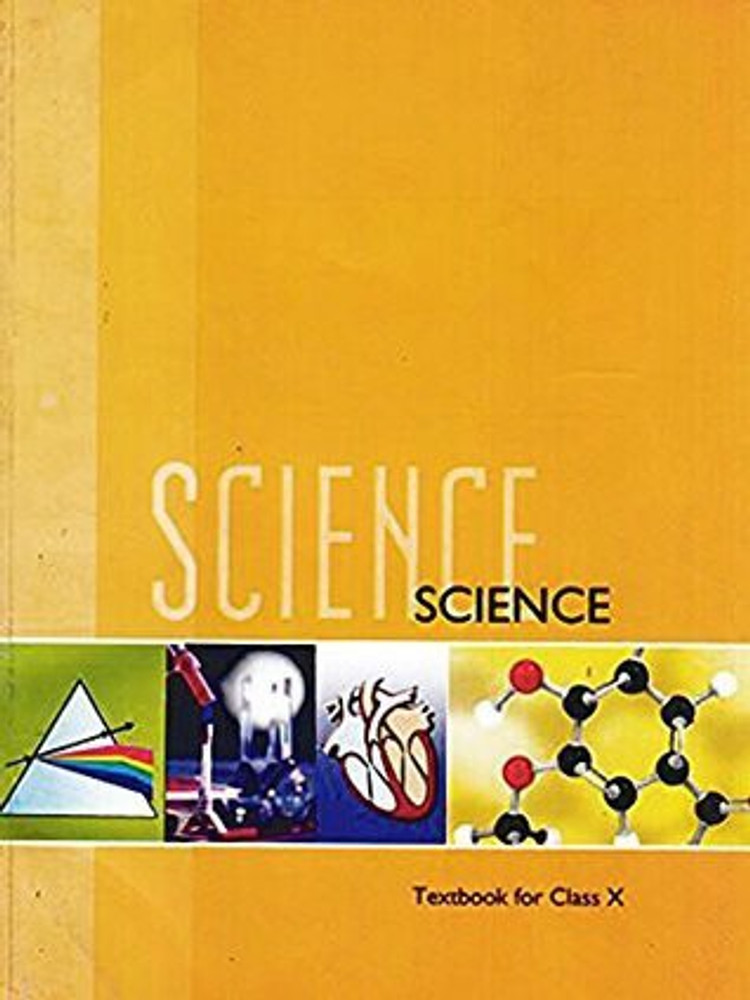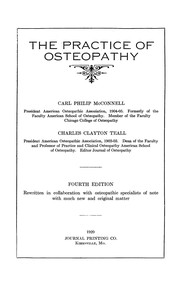Study Suggests Genetic Mutation May Help Control Sugar Cravings
The study showed that people without the SI gene may have a hard time digesting sugary foods, making them dislike it.

Trying hard to control eating sugary foods but unable to? An international team of scientists has now found that a genetic mutation may enable people to cut down their sugar intake. Led by scientists from the University of Nottingham in the UK, the study included researchers from Denmark, Greenland, Italy, and Spain. They found a gene -- the sucrase-isomaltase (SI) gene -- that makes people dislike sugary foods. While "excess calories from sugar are an established contributor to obesity and type 2 diabetes," the new findings, published in the journal Gastroenterology, may pave the way to target the SI gene to selectively help people reduce their sugar intake.
The study showed that people without the SI gene may have a hard time digesting sugary foods, making them dislike it. The gene is also associated with irritable bowel syndrome -- a common functional disorder, said the researchers. "Our study suggests that genetic variation in our ability to digest dietary sucrose may impact not only how much sucrose we eat, but how much we like sugary foods," Dr. Peter Aldiss, now a group leader in the School of Medicine at the University of Nottingham.
The team first conducted a study in mice. They probed the dietary behaviours in mice without the SI gene and found that such mice developed a rapid reduction in sucrose intake, and preference. To confirm the results in humans, the team conducted a study on 6,000 individuals in Greenland and 134,766 from the UK. They found that people with a complete inability to digest dietary sucrose in Greenland consumed significantly fewer sucrose-rich foods. On the other hand, individuals with a defective, partially functional SI gene in the UK, liked sucrose-rich foods less.
"These findings suggest that genetic variation in our ability to digest dietary sucrose can influence our intake, and preference, for sucrose-rich foods whilst opening up the possibility of targeting SI to selectively reduce sucrose intake at the population level," Aldiss said.












)



























































